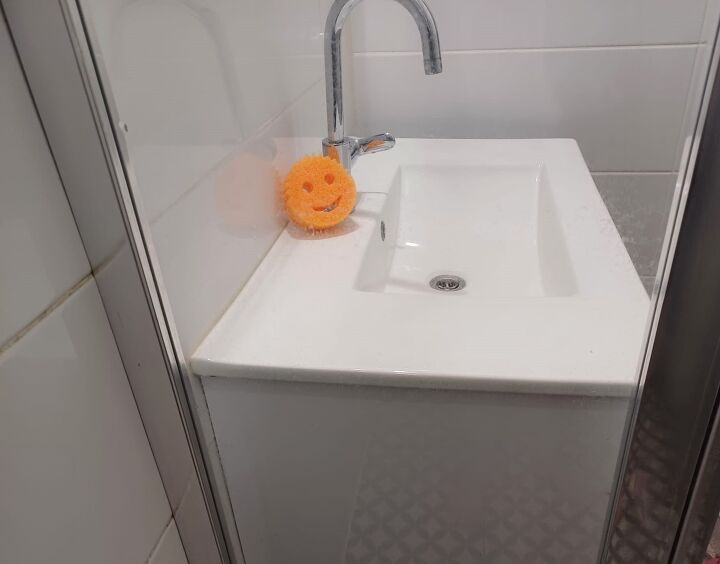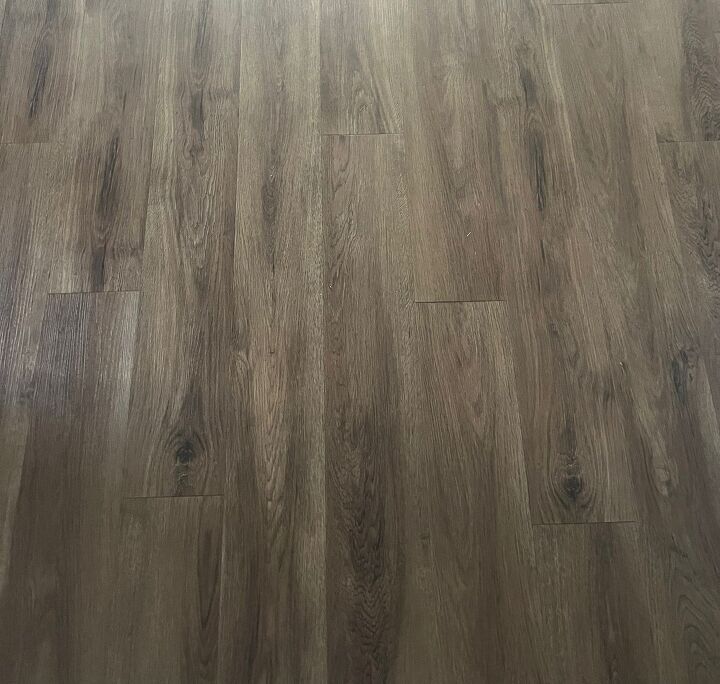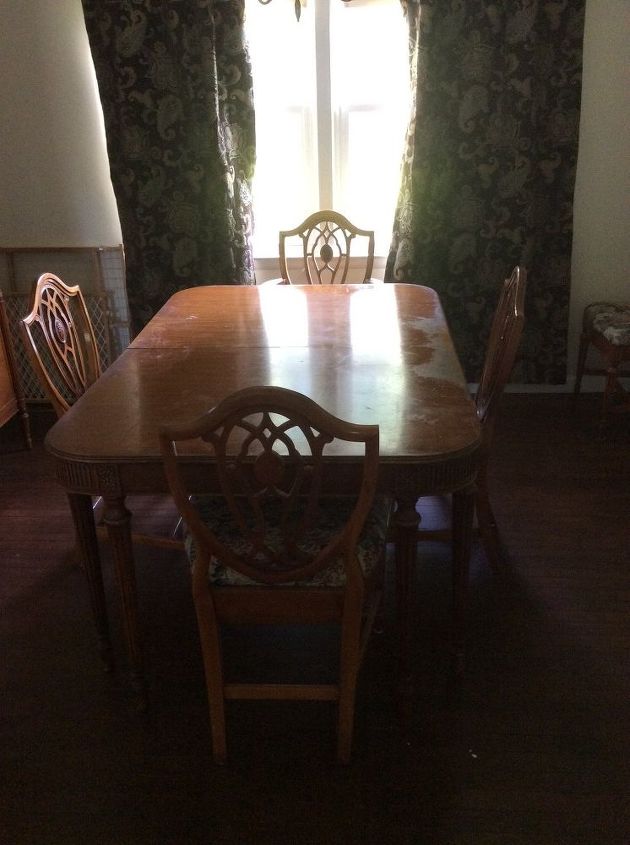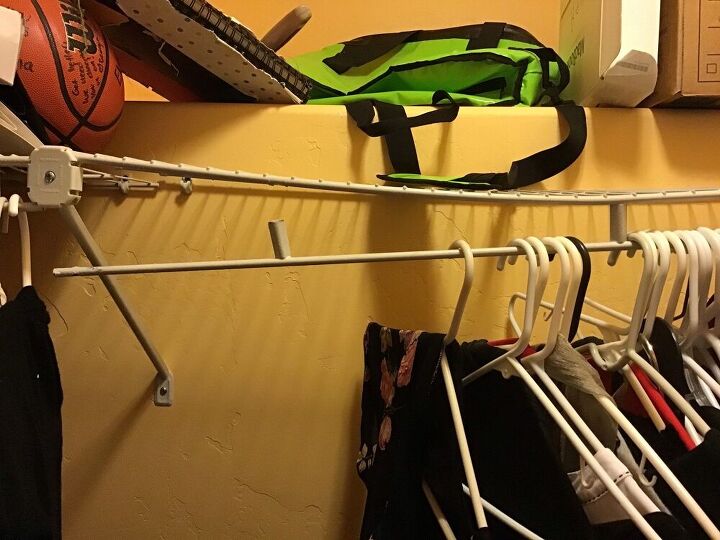We were discussing this on another thread but I thought it deserves its own.

In many states, a contractor must have the appropriate license to pull a permit but there are exceptions that allow owners to pull their own permits. If a homeowner pulls their own permit, if the inspection reveals something does not meet code, the homeowner bears the responsibility for the changes to meet code. If the contractor pulls the permit, the contractor is responsible. Good contractors know the code and can work with inspectors. Unless you know what you are doing, the contractor should pull the permit. If the contractor asks the homeowner to pull the permit that may be a red flag that the contractor does not have the required license to do the work.
While you may "save" a few dollars by not pulling a permit, you risk finding out that the work does not meet code, you will be asked at resale if there was unpermitted work on the home, and you may bring down the value of your home. Your "savings" may be very costly in the long run.
I'd love to hear from others on their response to consumers who want to avoid permits or who indicate that they have other bids that dont include pulling permits.
-
Does a contractor in Georgia have to be licensed to pull a permit?
 James A
on Jun 23, 2011
Helpful Reply
James A
on Jun 23, 2011
Helpful Reply -
-
@James, yes, a contractor in GA needs to be licensed to pull a permit. as Kevin mentioned above a homeowner in GA can pull a permit as well if he is acting as GC for the project. Many homeowners are not aware of this and will pull a permit for the contractor to get the work done for less by a unlicensed contractor. Homeowners are not aware of the costs involved in correcting a code error. the homeowner never accounts for this unforeseen costs that could have been avoided by hiring a licensed contractor in the first place.
 Yamini LEED AP at Urbanmotifs
on Jun 23, 2011
Helpful Reply
Yamini LEED AP at Urbanmotifs
on Jun 23, 2011
Helpful Reply -
-
James, that depends on the work. First, believe it or not, not every county in GA has a permit system. None of those counties are in the metro Atlanta area to my understanding. Some counties have tried to take a short cut and say you must at a minimum have a Residential Basic license to pull permits or a Chap 14 license (plumber, low volage, electrician, etc). That however is not a correct interpretation of Chap 43 and I have successfully addressed this for a specialty contractor or two who have faced this issue. An example, swimming pool professionals do not have to be licensed as a state licensed contractor (some counties may have local requirements). Most pools, gazebos, etc need to have a building permit. Becasue the Board was denying these contractors residential licenses when the law was first enacted, I worked with the board to create the Outdoor Environmental specialty listing for the Association of Pool and Spa Professionals. Let me add at the confusion in GA, specialty contractors can perform under their contracts if they meet the 3 part test the greater of $10,000 or 25% of what would otherwise be licensed work. I am currently working with the board to try to get some policies in place to help contractors and consumers understand this. Clear as mud for most consumers and contractors.
 Kevin M. Veler, Law Office of
on Jun 23, 2011
Helpful Reply
Kevin M. Veler, Law Office of
on Jun 23, 2011
Helpful Reply -
-
As a home owner you are allowed to do many things to your own home ....electrical, plumbing, carpentry... doing this work on other people homes normally requires a permit. Just because you "can" doesn't mean you should. Replacing a light fixture or installing a dimmer switch are pretty straight forward but pulling new service for a new hot tub or such, should be done by someone with the knowledge and experience for it.
 KMS Woodworks
on Jun 23, 2011
Helpful Reply
KMS Woodworks
on Jun 23, 2011
Helpful Reply -
-
Great comment! Let me add to the permit discussion that at least in GA, if the homeowner pulls the permit there are other limitations and the homeowner must supervise all work performed by all subs. Pulling the permit is not the only part. I often have calls from owners who indicate a permit is pulled but none of the required inspections were obtained and a final inspection was not done. I can say a lot about inspections but if there are no inspections, there is little chance of catching poor or shoddy work that does not comply with code. I forgot to add one other warning to homeowners: failing to pull a required permit may also have consequences on any claims you may make later on your homeowner's insurance, one of the most serious being denial of a claim.
 Kevin M. Veler, Law Office of
on Jun 23, 2011
Helpful Reply
Kevin M. Veler, Law Office of
on Jun 23, 2011
Helpful Reply -
-
Just now reading this Kevin, wow! This is good to know, I may not ever have the opportunity to use info this myself, but it is really good to know! Thanks!
 Bernice H
on Aug 19, 2012
Helpful Reply
Bernice H
on Aug 19, 2012
Helpful Reply -
Related Discussions
How do I clean salt marks on my salt water pool?
My salt water pool leaves white marks all around the pool I have tried everything to remove them with no luck. Can someone please help me????
If you could redo your master bathroom, what would you change?
Dreaming of a master bathroom remodel?Tell us: If you could change just one thing, what would it be?Your input could inspire others looking for master bathroom ideas ... See more
Hardwood Floors or Carpet in Bedroom: What's Your Preference?
Hey Hometalkers! We've got a cozy debate going on here: when it comes to bedroom flooring, do you lean towards the warmth of carpet or the timeless elegance of hardwo... See more
What can I do about wood smoke coming into my house?
I need help. My back door neighbor heats with a wood stove all winter. They are downhill from me. Almost all their smoke makes its way into my house, causing headache... See more
How to find out the value of antique furniture
My husband and I are looking to sell his grandmother's dining room set but, we have no idea what to ask for it. We could not find any markings as to who made it, all ... See more
How do I fix a broken metal hanging rod in my closet
I have a broken shelf hanging rod in my closet I tried gluing And taping it and nothing worked I need help and also the shelf is slightly bent




